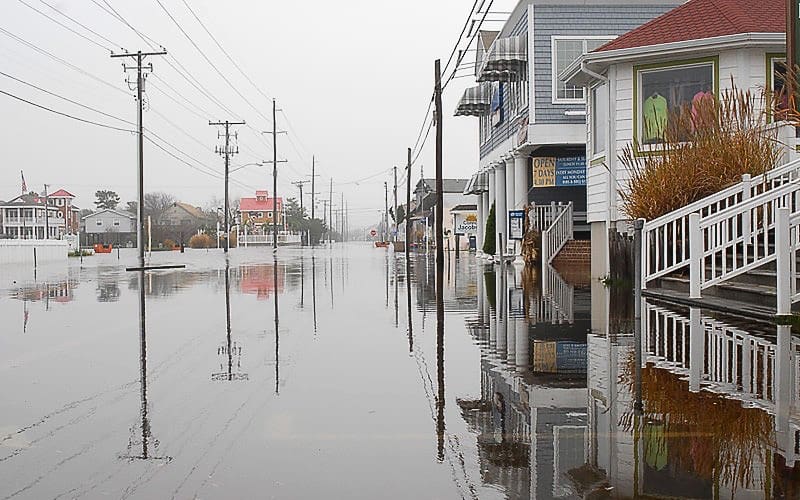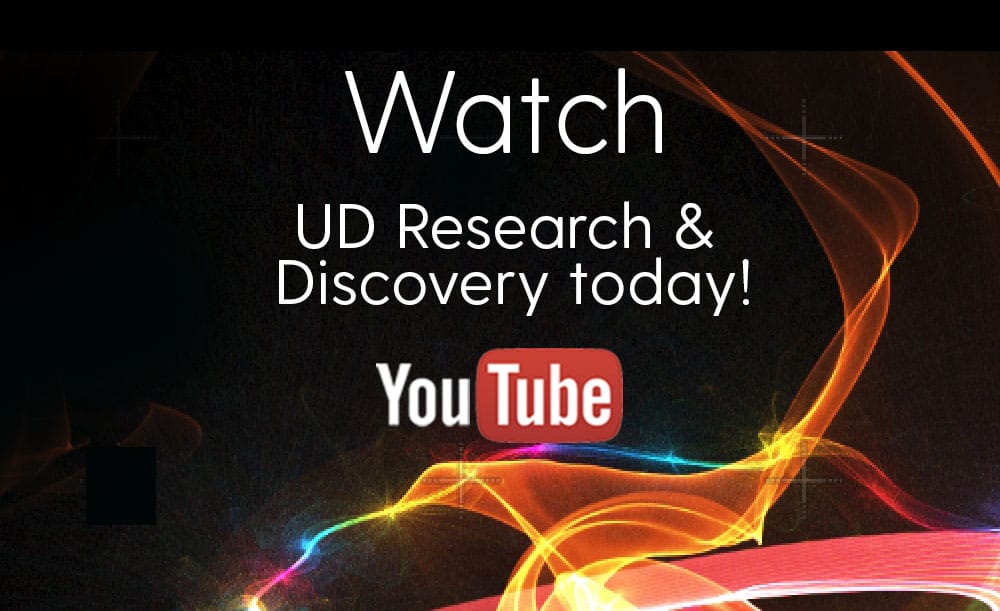RESEARCH
DISCOVERY
A Blog Devoted to UD Innovation, Excellence & Scholarship
COVID-19
Expert insight on coronavirus
Panelists discuss health preparedness for the coronavirus in Delaware. Panelist included Dr. Stephen Eppes, infectious disease specialist, ChristianaCare; Timothy Bowers, director of infection prevention, ChristianaCare, Dr. Timothy Dowling, director of UD Student Health Services; and Dr. Karyl Rattay, director of the Delaware Division of Public Health.
When virus information goes viral — as it has since the first reports of the 2019 coronavirus outbreak emerged in December — it can pick up a lot of toxic pollutants along the way. The remedy: facts, expert insight and context.
The University of Delaware provided just that kind of remedy Wednesday, March 4, hosting a 90-minute panel discussion to bring the UD community and the public up to speed on COVID-19, the official name of the virus behind this outbreak.
Scientists, physicians, health care professionals and a savvy historian presented information and counsel, busted some myths and took dozens of questions from the audience in Mitchell Hall. The event was livestreamed on the University’s website.
The executive summary would echo themes from the World Health Organization and the Centers for Disease Control and Prevention, namely:
-
Protect yourself and others by washing hands carefully and often, cleaning frequently touched surfaces, controlling sneezes and coughs, avoiding touching your face and staying home when sick.
-
Prepare for potential disruptions in work or school schedules.
-
Don’t panic or hoard supplies.
-
Your pets don’t need masks or respirators — and you probably don’t either, unless you work in health care or in an occupation that specifically requires it.
-
And please, please, please — don’t drink bleach or swallow fake news!
There is cause for concern and appropriate response, as the number of cases grows and spreads. An interactive map curated by Johns Hopkins University shows the status of confirmed cases around the world, which by Thursday afternoon had grown to almost 100,000.




